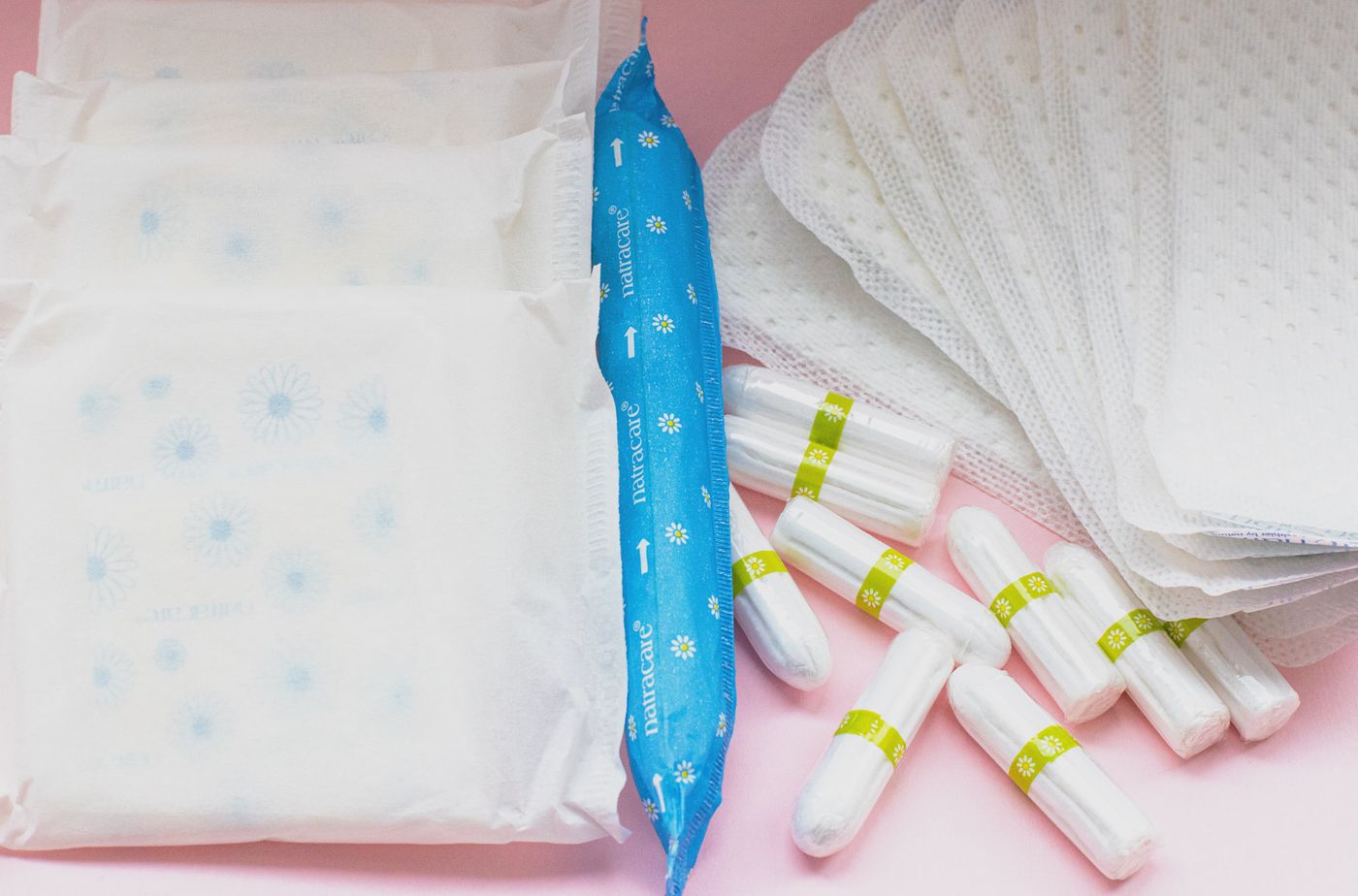Hear those tiny screams|Women's Physiological Issue - Period Poverty

Menstruation is a natural physiological phenomenon, but did you know that some people in the world are suffering because of this physiological phenomenon?
world menstrual day
May 28 is World Menstrual Hygiene Day (also known as World Menstrual Day), which was launched in 2014 by the German non-profit organization WASH Alliance. May 28 was chosen because the average menstrual length of women is 5 days and the average menstrual cycle is 28 days, as a tribute to women.
Through the annual menstrual day, through the power of social media, it raises women's awareness of body autonomy and gender equality, removes the stigma of menstruation, and organizes educational activities such as menstrual health in India, Ghana and other countries.
Source: https://en.wikipedia.org/wiki/World Menstrual Hygiene Day
Menstrual Tax and Menstrual Poverty
Menstrual tax is not a special tax levied on feminine hygiene products, but refers to the fact that the sales price of feminine hygiene products includes value-added tax or business tax, and does not enjoy a lower tax rate like basic daily necessities.
However, physiological products are necessities of life, and the high tax rate makes the purchase of physiological products a burden in women's lives, and even the high cost of sanitary products cannot be afforded, causing the problem of period poverty , which is a physiological disadvantage.
According to statistics, every Taiwanese woman spends about NT$100,000 on sanitary products in her lifetime; British women spend about £18,450 .
As the issue of menstrual tax is increasingly seen by the world, what changes have countries made to menstrual tax?
Kenya was the first country to abolish the menstrual tax in 2004 when it abolished the sales tax on feminine hygiene products.
Canada eliminated sales tax on tampons in mid-2015.
In 2018, India abolished the 12% tax rate on feminine hygiene products. The Indian movie "Padman" aroused everyone's attention to the taboo of menstruation.
In 2018, Malaysia abolished the tax on feminine hygiene products.
On November 14, 2018, Colombia ruled to exempt tampons and pads from the 5% tax rate.
On January 1, 2019, Australia abolished the 10% tax on tampons and pads.
From January 1, 2020, the tax rate on sanitary products in Germany has been reduced from 19% (tax rate for luxury goods) to 7% (tax rate for daily necessities).
On October 24, 2020, the Taiwan Legislative Yuan passed the "Draft Amendment to Article 8 of the Value-Added and Non-Value-Added Business Tax Law" in first reading, claiming that sanitary napkins, tampons and other sanitary products are exempt from tax.
On November 25, 2020, Scotland officially passed the Free Sanitary Supplies Act, becoming the first country in the world to legislate to provide free sanitary products .
Source: https://en.wikipedia.org/wiki/menstrual-tax
Does Taiwan also suffer from menstrual poverty?
Remember the girl Lin Wei who recorded an audio and video letter to the WHO Secretary-General?
She majored in infectious diseases at the University of Edinburgh in the United Kingdom and noticed the physical and mental health problems caused by poor menstruation, such as genital infection, pelvic inflammation, infertility, cervical cancer, severe depression, anxiety and other negative effects, so she founded the company. Little Red Hood, a non-profit organization , hopes to promote more comprehensive, gender-neutral menstrual education.
However, in Taiwan after the outbreak of the epidemic, due to the reduction of income, the problem of menstrual poverty has become more prominent. According to Lin Wei, the founder of Little Red Riding Hood, she has assisted 600 girls between the ages of 10 and 18 to provide physiological package resources.
She also shared a small case story. There is a girl who only uses one piece of sanitary pad a day. She is afraid that others will smell the smell of menstrual blood, so she deliberately sits by the trash can, or wears black pants during menstruation, allowing menstrual blood to flow on the black pants. Some children Hence the social dilemma. Another teen found that her mother would not eat for a day or two, so she bought her sanitary pads to save money.
Menstrual issues are global, maybe there are women around you and me who suffer from menstrual poverty
Discrimination against women's periods still exists in every corner of the world.
In traditional African tribes, women can only sit on a sand pile during menstruation, let the menstrual blood flow into the sand, and then silently bury the traces of menstrual blood with sand when no one is there.
In Nepal, menstruation is regarded as unclean, so women who are menstruating cannot stay at home and can only live in menstrual huts, so there are many regrets that take their lives.
In some areas, women can only stay and sleep outside the house during their menstrual period. They cannot enter the house, do housework, or sleep in the same bed as their husbands.
In some places in Taiwan, there is still a belief that people cannot go to temples and temples during menstruation.
Menstruation is a physiological phenomenon of a natural cycle for women to give birth to life. However, the world stigmatizes it, and culture and education have cultivated a sense of shame about menstruation. They feel that it is filthy, shameful, something that cannot be talked about naturally and needs to be covered up.
It is hoped that one day the world's stigma about menstruation will be eliminated, so that when people face the issue of menstruation and sanitary napkins, they don't need to cover up or even feel ashamed when they discuss the issue of toilet paper.
In the end, I borrowed six minutes of your time to introduce you to a deeper understanding of issues related to menstrual poverty , produced by the Public Television P# News Studio .
Like my work? Don't forget to support and clap, let me know that you are with me on the road of creation. Keep this enthusiasm together!








- Author
- More